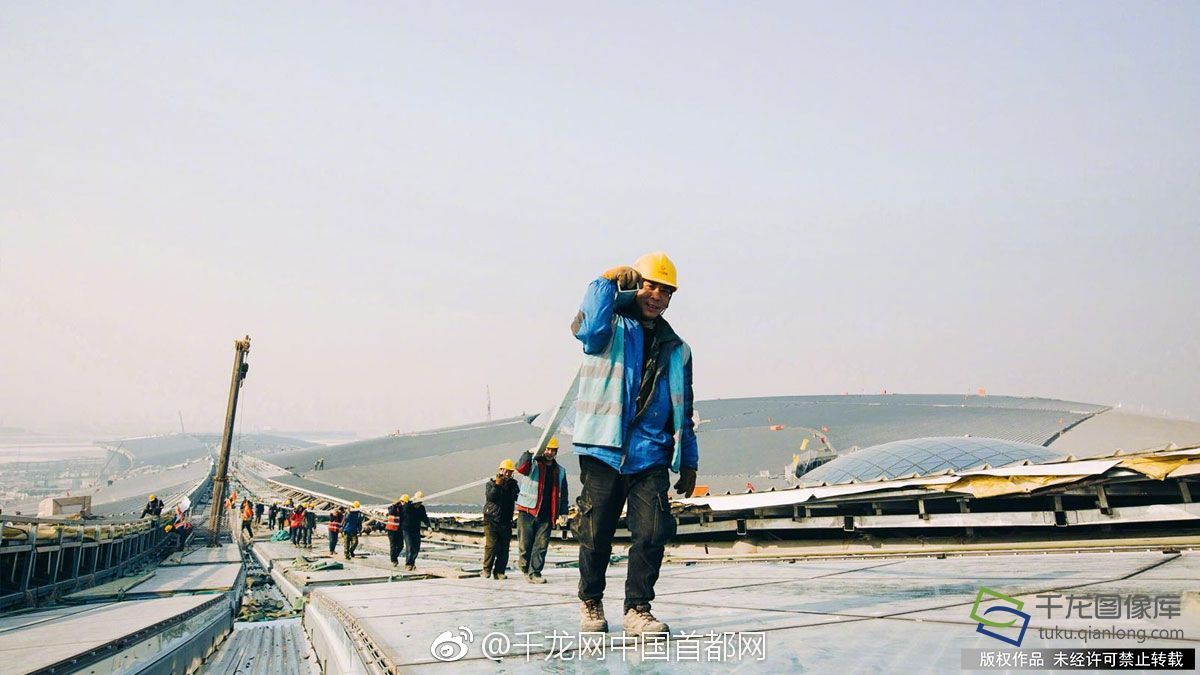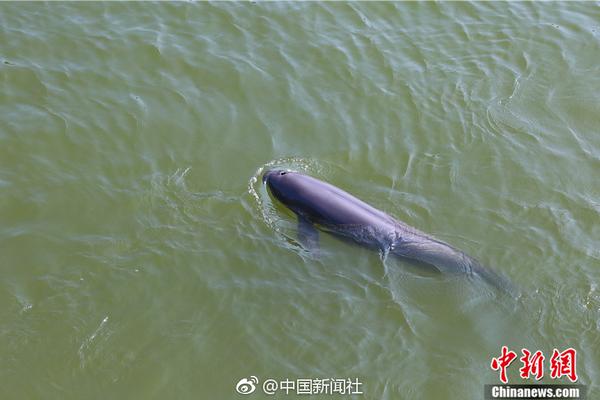
Casino Plus login register-APP, download it now, new users will receive a novice gift pack.
 Arena Plus login
Arena Plus login
886.34MB
Check Hearthstone deck
Hearthstone deck
285.93MB
Check Casino Plus login register
Casino Plus login register
946.34MB
Check Hearthstone Arena class tier list 2024
Hearthstone Arena class tier list 2024
357.56MB
Check Champions League
Champions League
663.96MB
Check Free sports events uefa champions league app android
Free sports events uefa champions league app android
645.42MB
Check Hearthstone Arena class tier list 2024
Hearthstone Arena class tier list 2024
717.34MB
Check TNT Sports
TNT Sports
811.53MB
Check Arena Plus login
Arena Plus login
923.11MB
Check UEFA TV
UEFA TV
589.29MB
Check Hearthstone Arena Tier List
Hearthstone Arena Tier List
376.17MB
Check Casino Plus
Casino Plus
915.36MB
Check DigiPlus fair value
DigiPlus fair value
488.92MB
Check DigiPlus stock
DigiPlus stock
294.87MB
Check UEFA Europa League
UEFA Europa League
275.14MB
Check Champions League
Champions League
692.43MB
Check Casino Plus login register
Casino Plus login register
495.54MB
Check DigiPlus
DigiPlus
446.46MB
Check DigiPlus Philippine
DigiPlus Philippine
291.26MB
Check UEFA European championship
UEFA European championship
991.79MB
Check UEFA TV
UEFA TV
434.13MB
Check bingo plus update today
bingo plus update today
349.46MB
Check UEFA TV
UEFA TV
821.99MB
Check App to watch Champions League live free
App to watch Champions League live free
224.34MB
Check Casino Plus app
Casino Plus app
765.94MB
Check Hearthstone arena
Hearthstone arena
493.83MB
Check PAGCOR online casino free 100
PAGCOR online casino free 100
413.66MB
Check Hearthstone Arena win rate
Hearthstone Arena win rate
254.69MB
Check Champions League
Champions League
649.35MB
Check European Cup live
European Cup live
372.13MB
Check bingo plus update today
bingo plus update today
496.61MB
Check DigiPlus stock
DigiPlus stock
334.47MB
Check casino plus free 100
casino plus free 100
747.21MB
Check DigiPlus Philippine
DigiPlus Philippine
872.79MB
Check Casino Plus app
Casino Plus app
951.79MB
Check DigiPlus fair value
DigiPlus fair value
613.11MB
Check
Scan to install
Casino Plus login register to discover more
Netizen comments More
2670 UEFA EURO
2025-01-11 04:45 recommend
2031 Champions League
2025-01-11 04:27 recommend
1889 100 free bonus casino no deposit GCash
2025-01-11 03:49 recommend
1955 Walletinvestor digi plus
2025-01-11 03:08 recommend
880 Casino Plus GCash login
2025-01-11 02:57 recommend